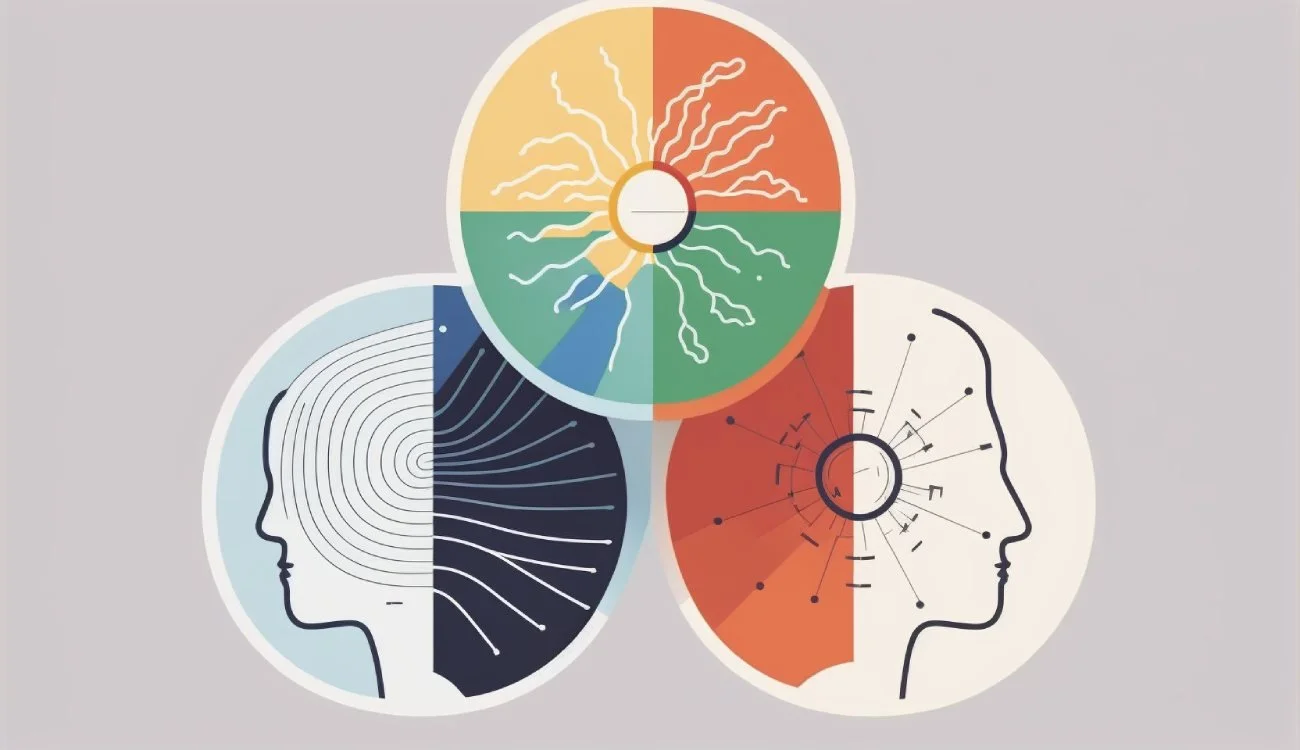
What are the different types of therapies in psychology?
Evidenced-based therapies I draw on:
Cognitive Behavioural Therapy (CBT)
Acceptance and Commitment Therapy (ACT)
Compassion Focused Therapy (CFT)
Mindfulness practice.
In the initial assessment phase, we can decide together about what approaches may be most helpful for you and see how we may be able to work together.
Cognitive Behavioural Therapy (CBT)
CBT is the psychological approach most commonly used in NHS settings and can be used for a range of emotional difficulties. The National Institute for Health and Clinical and Excellence recommends CBT for anxiety and depression.
CBT is a practical, solution-focused therapy. It encompasses a range of techniques that addresses thoughts, emotions and behaviour. It is based on the idea that by changing the way we think or behave, we can change how we feel. (For example, relaxation techniques for anxiety, identify and change unhelpful thought patterns, graded exposure for anxiety).
Acceptance and Commitment Therapy (ACT)
This is a contemporary therapy that assumes that you can live a rewarding and fulfilling life by taking action and doing what is truly important to you. ACT focuses on developing a range of skills which to help you to develop a healthier relationship with thoughts and emotions, without trying to change them. ACT is underpinned by the idea that “pain is inevitable, suffering is optional”.
ACT can be a really helpful approach for people who feel ‘stuck’ or that they have lost fulfilment in life. ACT can help you to explore your ‘values’ (what is really important to you) and help you to live more in line with this.
ACT can also be helpful for those who have tried CBT previously but did not find it particularly helpful. ACT and CBT can also be used together really nicely.
There is a wealth of evidence to show that ACT can be a really helpful approach for the emotional challenges of living with - or adjusting to - a physical health condition.
Compassion Focused Therapy (CFT)
This therapy can be appropriate for people who tend to be highly self-critical and prone to emotions such as shame and guilt. This approach focuses on developing self-compassion through a range of different strategies, such as recognising our ‘inner critic’ and reducing self-criticism.
Mindfulness practice
Mindfulness is about training your attention to be in the present moment, rather than being caught up in thoughts about the past or the future.
There are many ways to practice mindfulness - whether this be through meditation exercises or learning how to be mindful in day-to-day activities.




